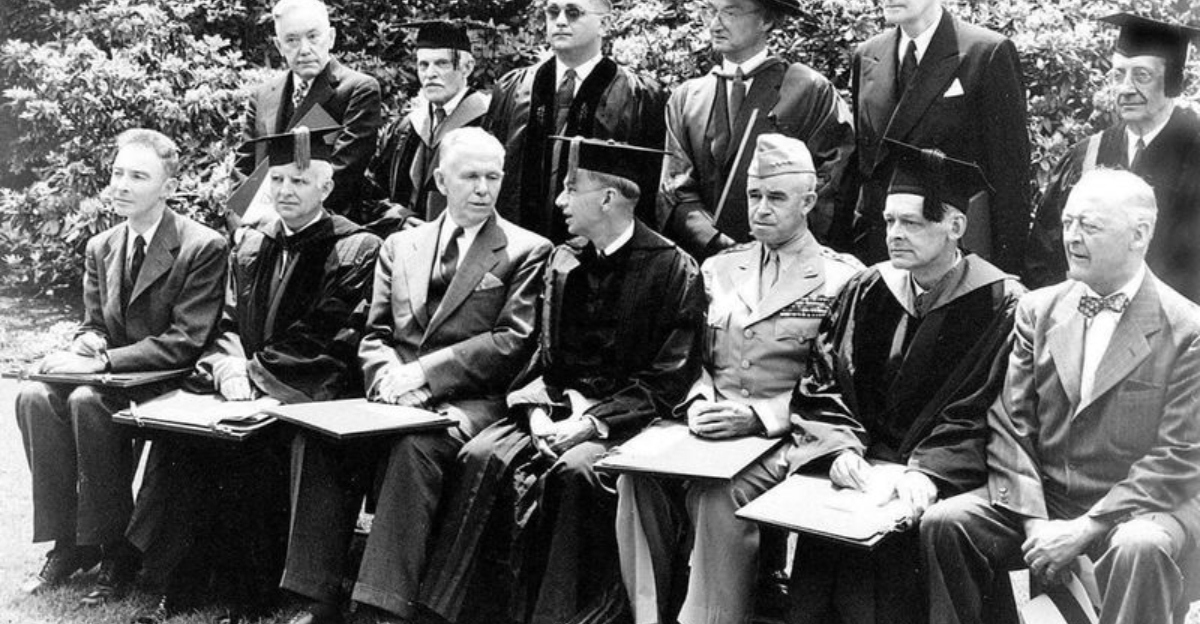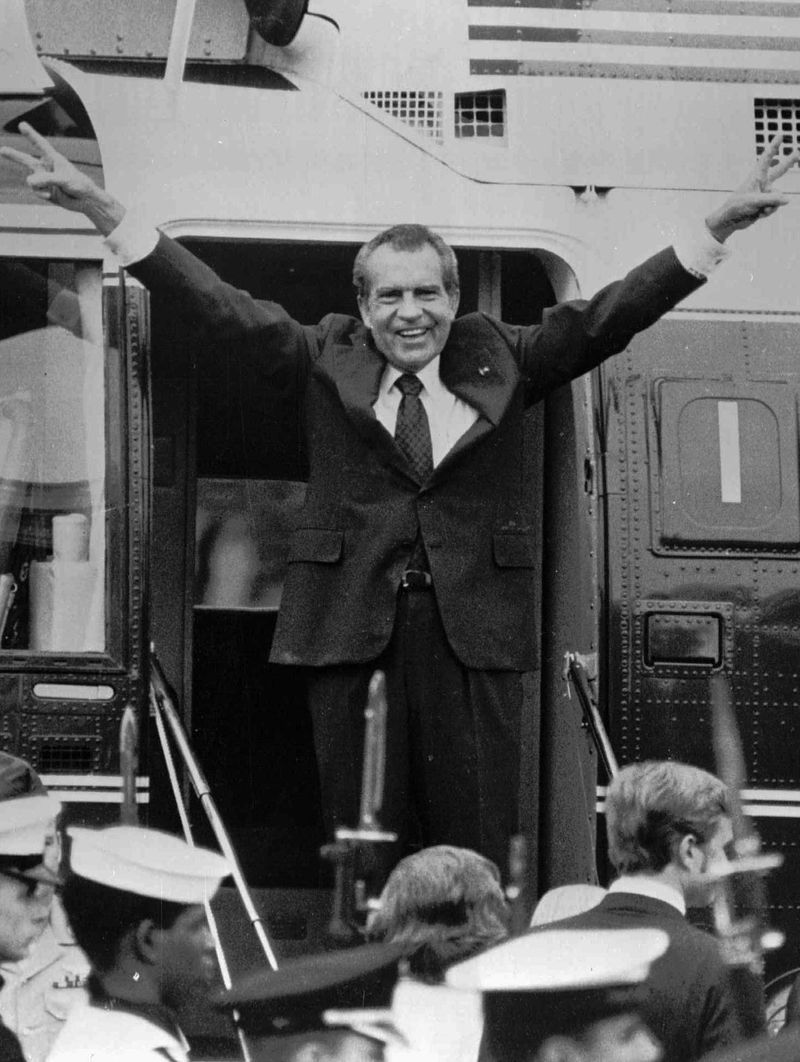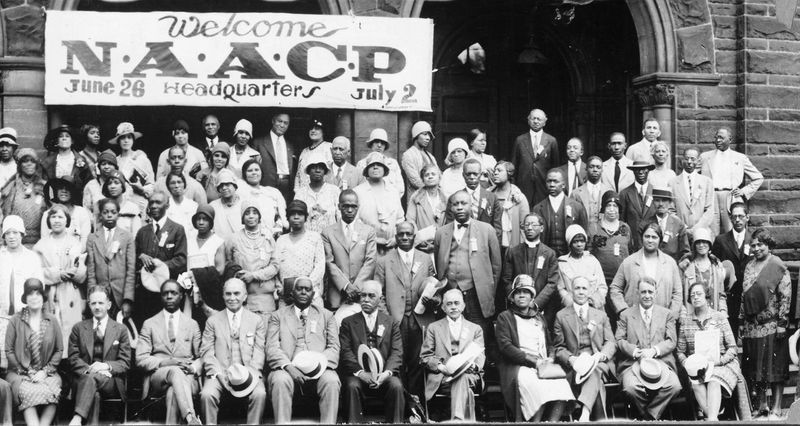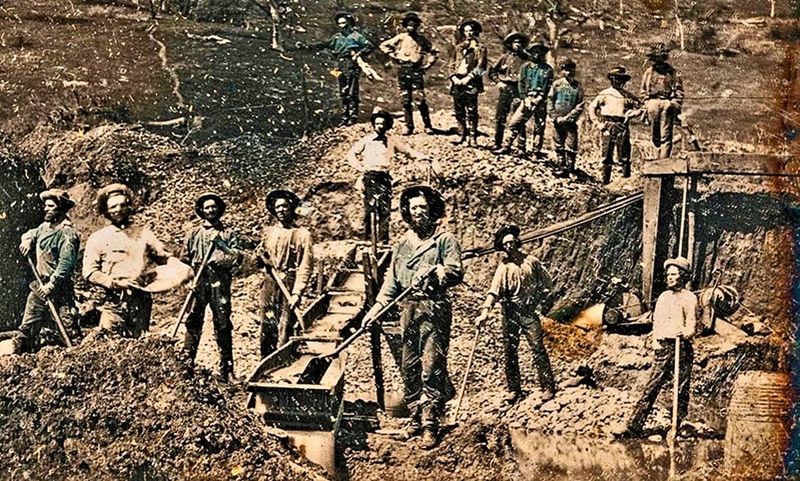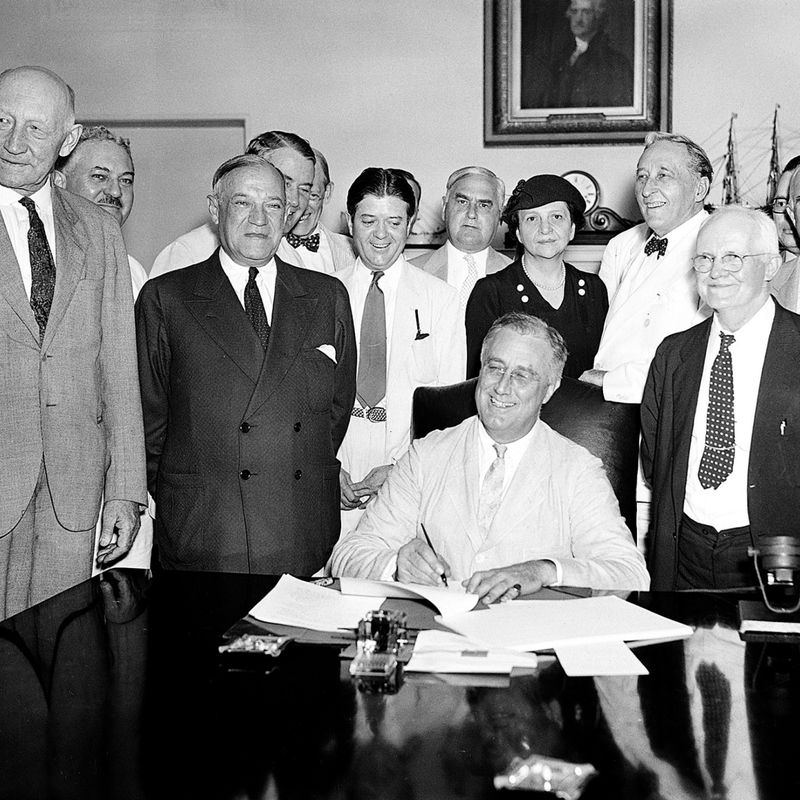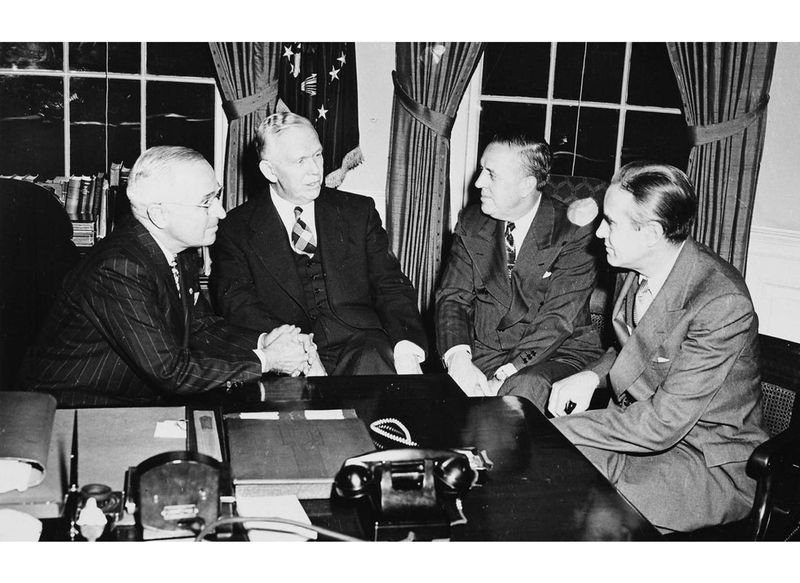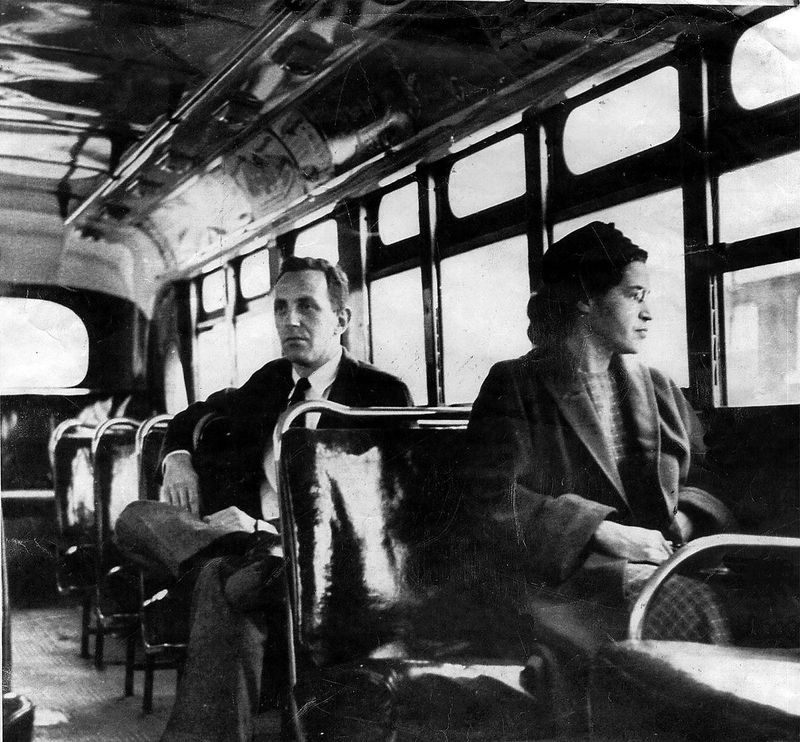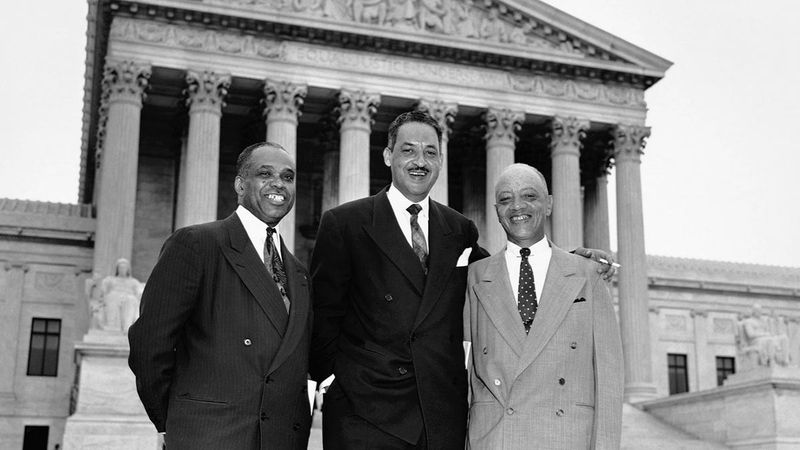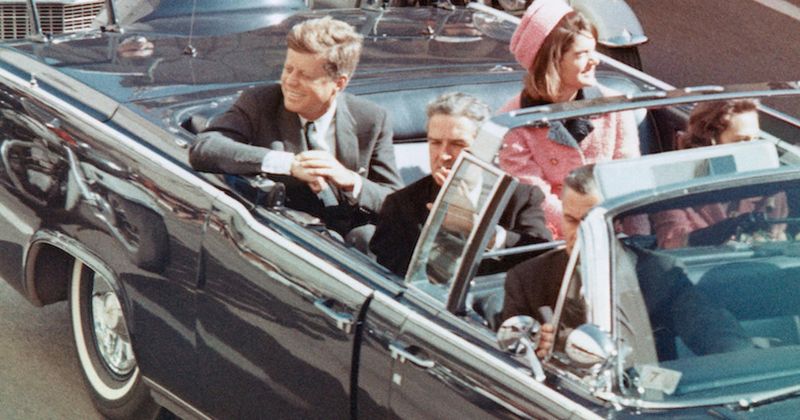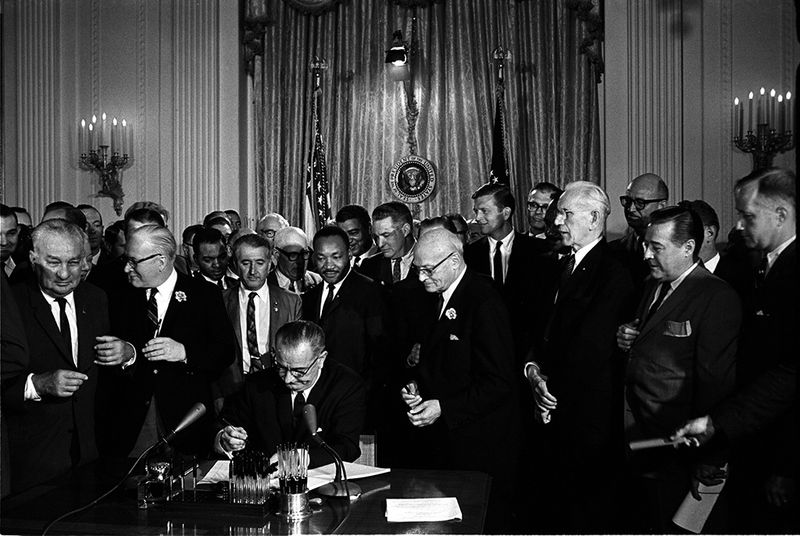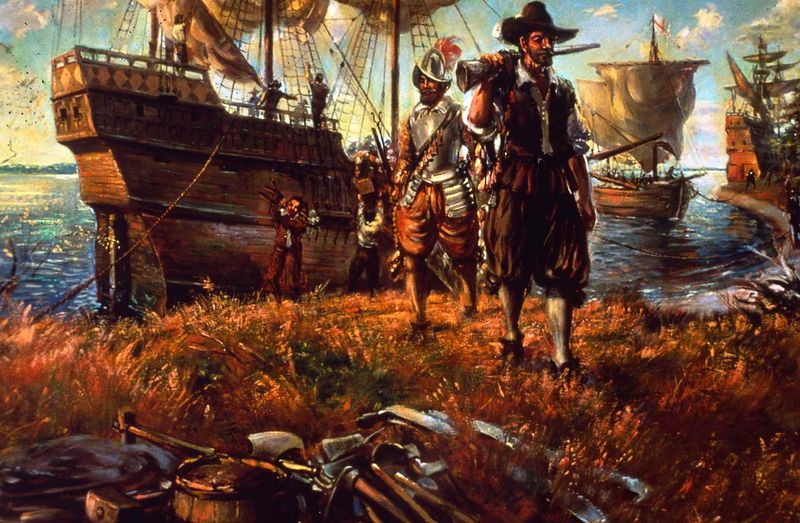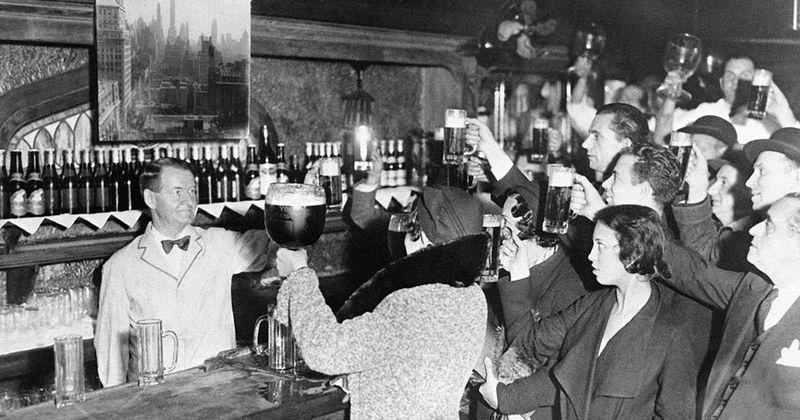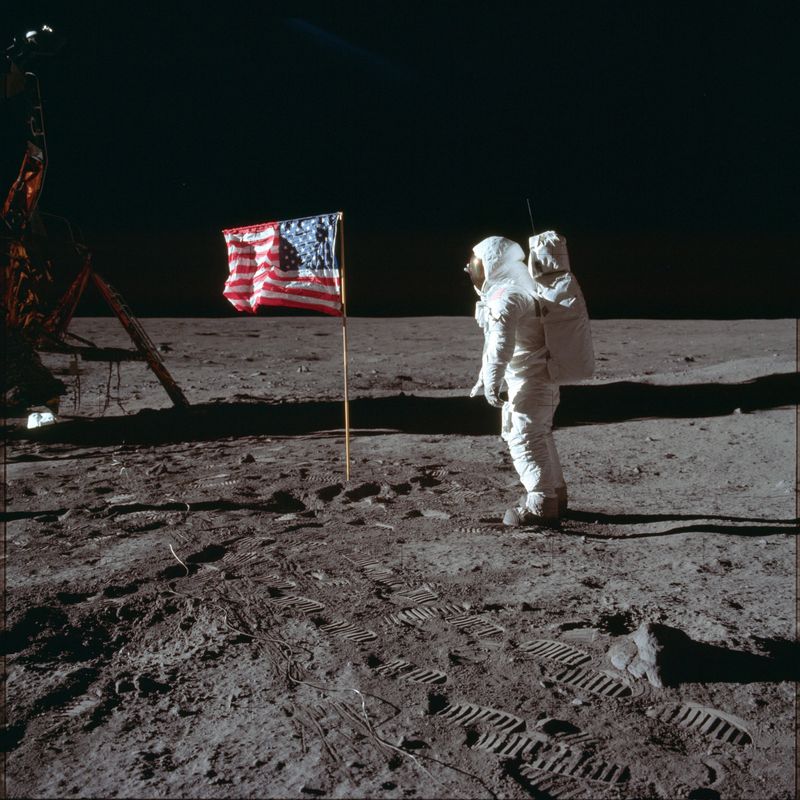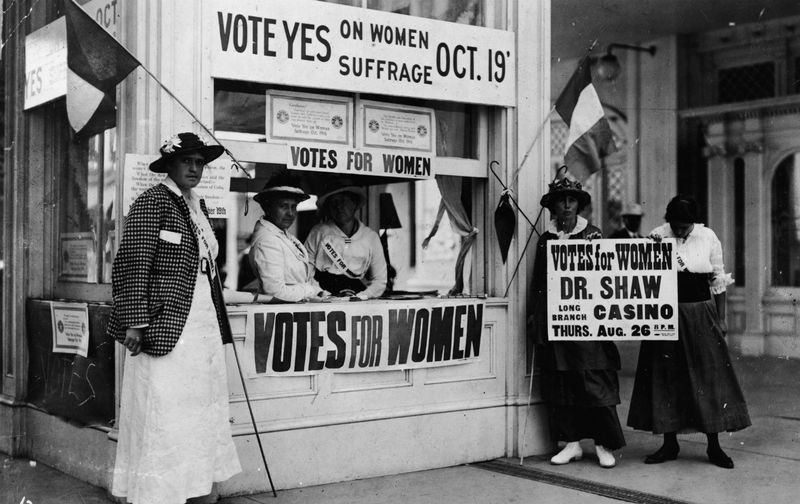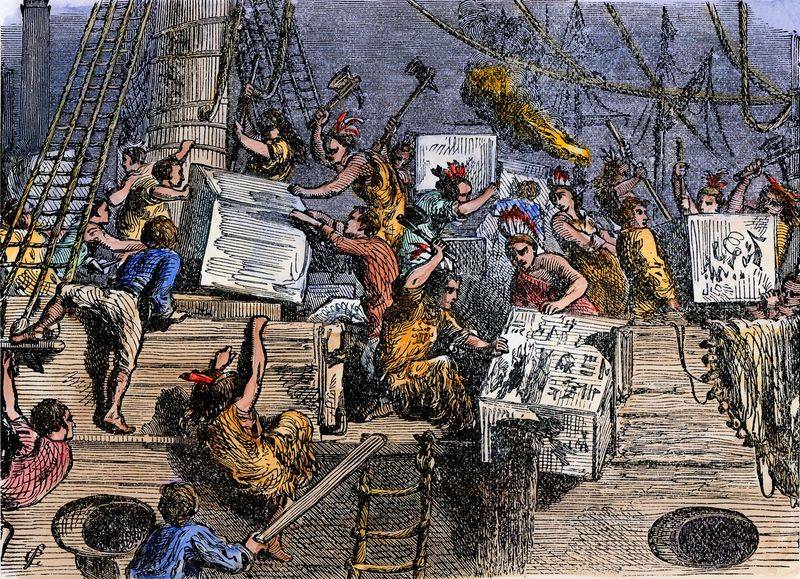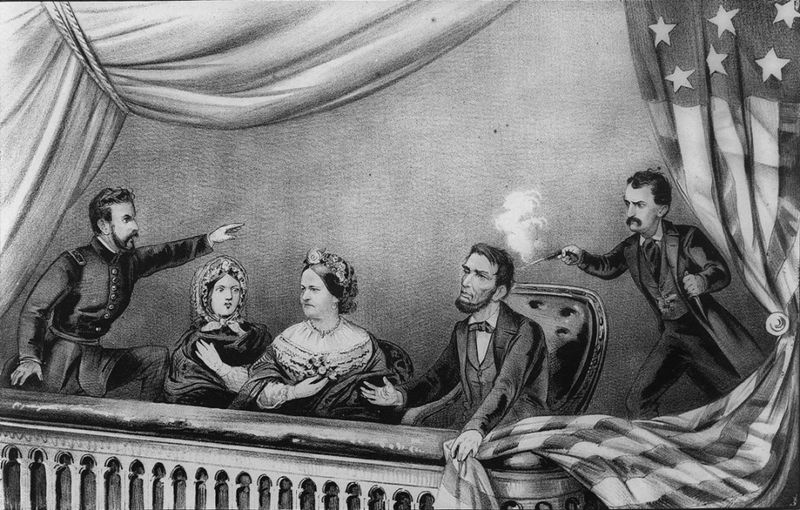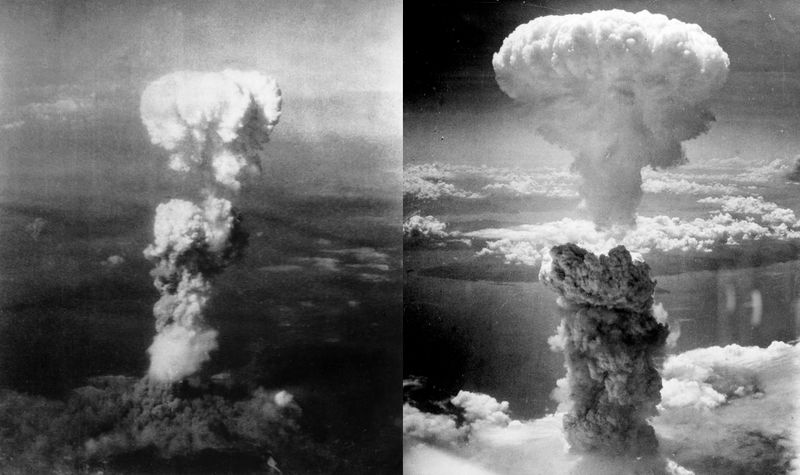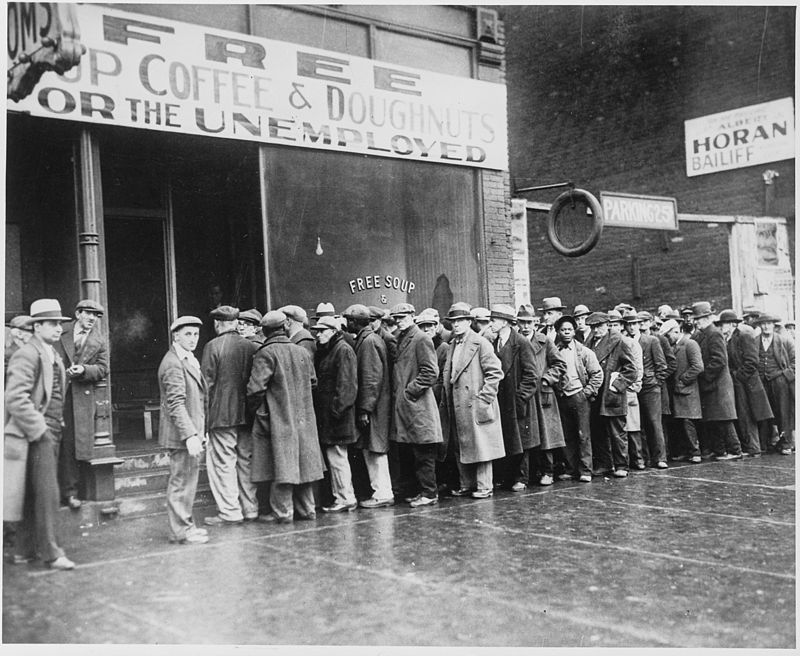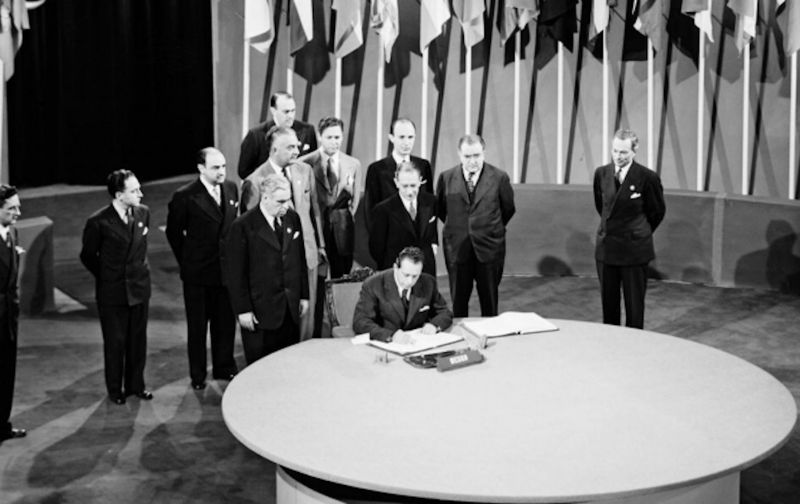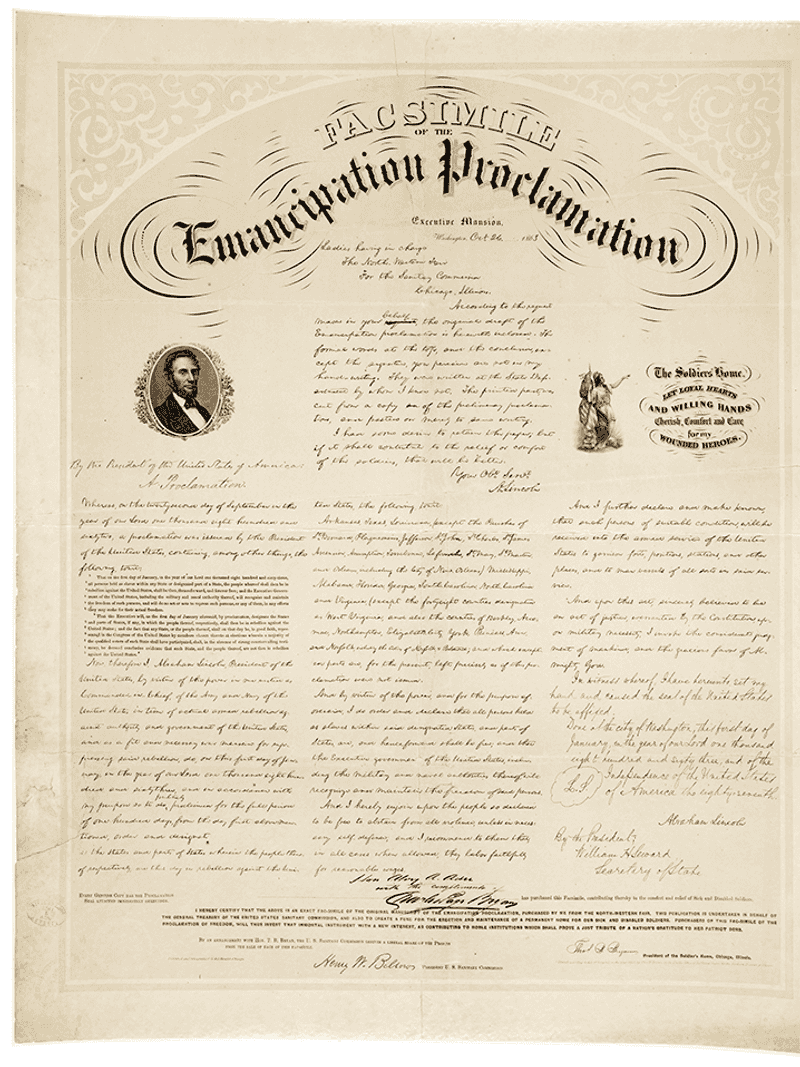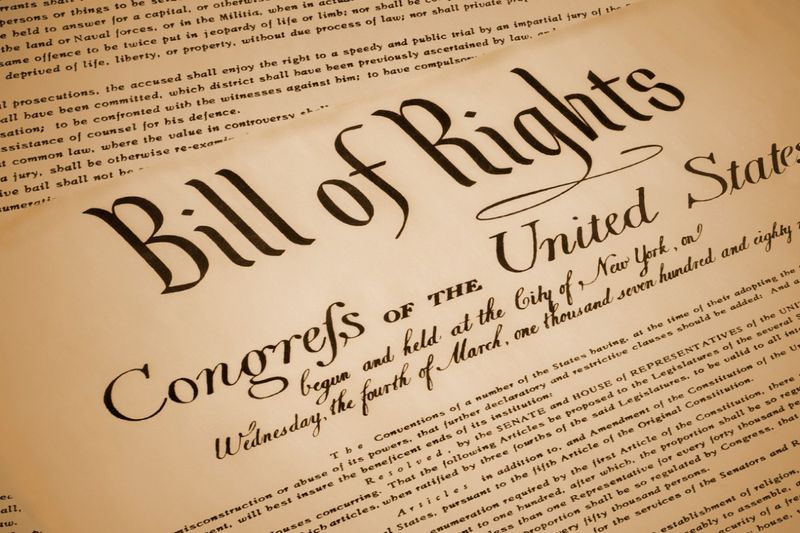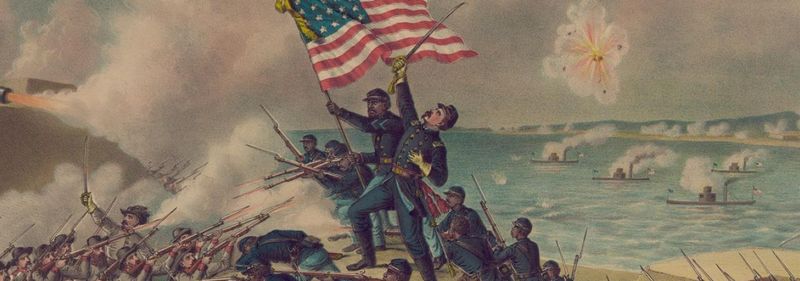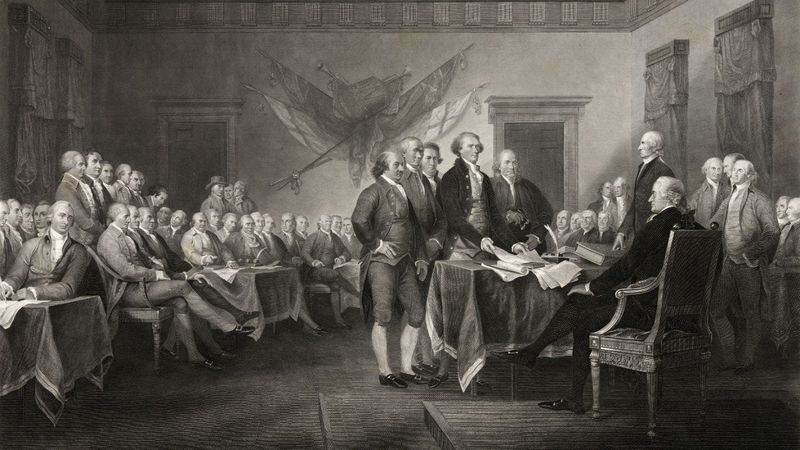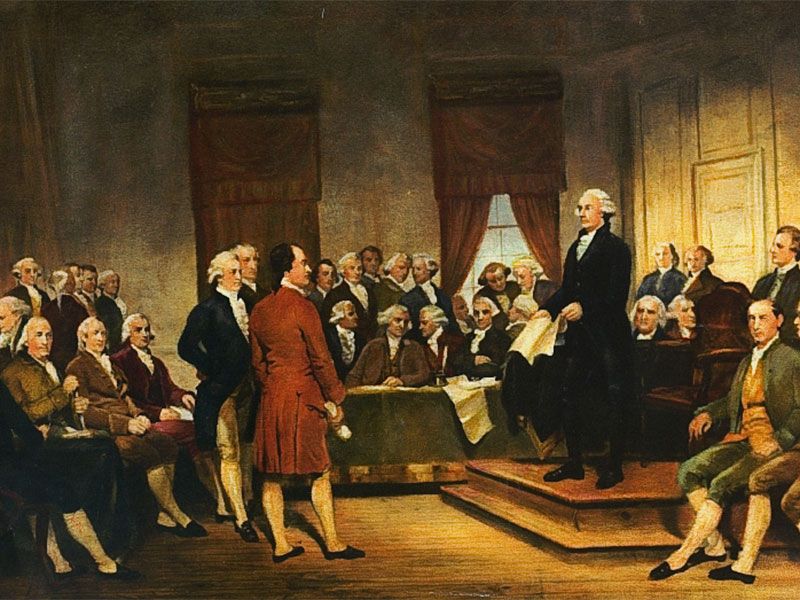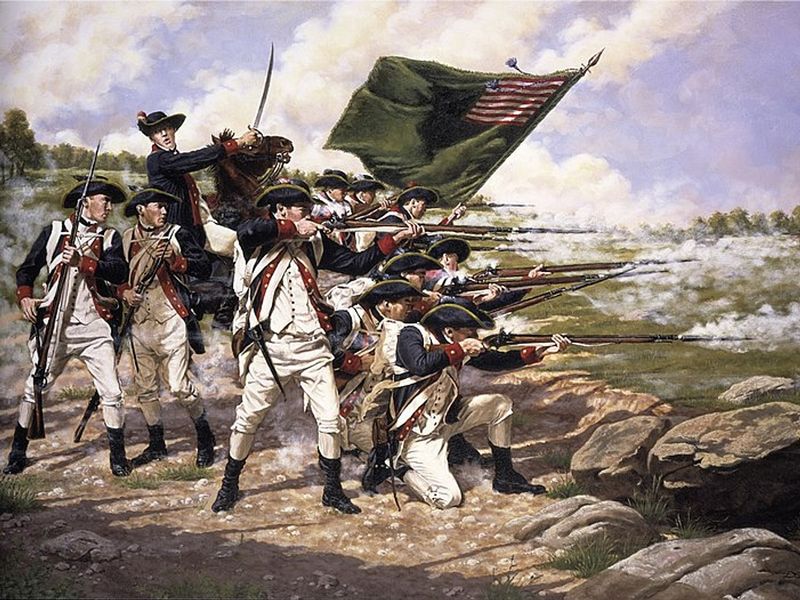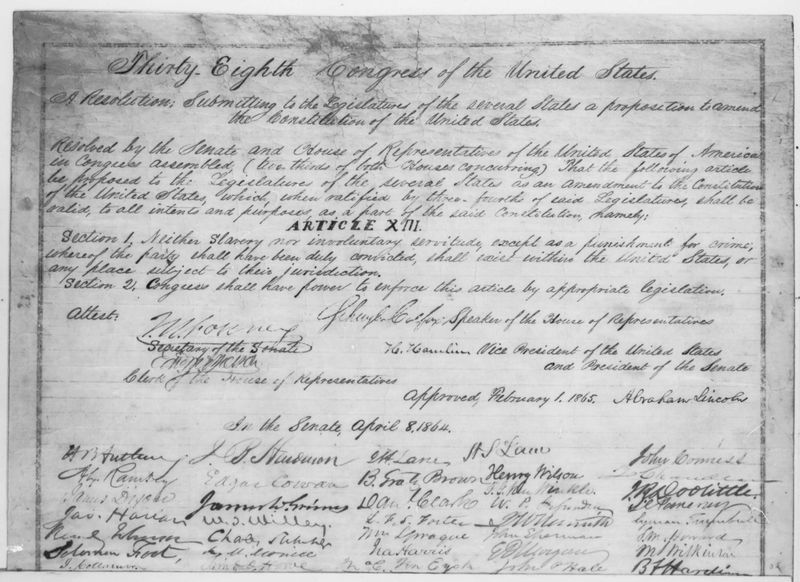The history of the United States is marked by moments of profound change and development.
From political transformations to technological advancements, these events have collectively shaped the nation’s trajectory and global influence.
This blog post explores 30 pivotal moments that have left an indelible mark on America, influencing its culture, politics, and society.
30. Watergate Scandal (1972–1974)
The Watergate Scandal unraveled like a suspenseful thriller, exposing corruption at the highest level of American politics. It began with a break-in at the Democratic National Committee headquarters and ended with the unprecedented resignation of President Richard Nixon.
This scandal highlighted the importance of checks and balances in government and the power of investigative journalism. It led to a renewed focus on transparency and integrity in public office.
For many, it was a pivotal moment that changed how Americans viewed their leaders and institutions.
29. Founding of the NAACP (1909)
The founding of the National Association for the Advancement of Colored People (NAACP) marked a turning point in the fight for civil rights for African Americans.
Established by a diverse group of individuals committed to social justice, the NAACP focused on combating racial discrimination and promoting equality. It played a crucial role in landmark legal battles, including the fight against segregation in schools.
The NAACP’s founding signaled a new era of organized activism, providing a powerful voice for marginalized communities and laying the groundwork for future civil rights advancements.
28. The California Gold Rush (1848–1855)
The California Gold Rush beckoned adventurers and dreamers with the promise of fortune and opportunity. Thousands flocked to the West Coast, transforming small towns into bustling cities overnight.
This mass migration not only reshaped California’s landscape but also had far-reaching economic implications for the entire nation. It accelerated westward expansion and fueled dreams of prosperity.
The Gold Rush’s impact on America’s social fabric and economy was profound, making it a defining moment in the nation’s history.
27. September 11 Attacks (2001)
The September 11 attacks etched an indelible scar on the American psyche, forever altering national security policies and global relations. Four hijacked planes targeted iconic sites, with the Twin Towers’ collapse symbolizing vulnerability.
This tragedy united the nation in grief and resolve, leading to the War on Terror and significant measures to safeguard the homeland.
The events of that day reshaped daily life, from air travel protocols to personal freedoms, leaving a legacy of resilience and remembrance.
26. The Vietnam War (1955–1975)
The Vietnam War was a polarizing conflict that challenged public trust in government and reshaped U.S. foreign policy. American involvement in Vietnam sparked widespread protests and ignited a cultural revolution at home.
Images of combat and suffering broadcasted into living rooms intensified debates over military intervention and national responsibility.
The war’s legacy is a complex tapestry of lessons on geopolitical strategy, human cost, and the enduring impact on veterans and their families. It remains a poignant chapter in America’s storied history.
25. Passage of the Social Security Act (1935)
In the throes of the Great Depression, the passage of the Social Security Act marked a cornerstone in America’s social welfare system. Spearheaded by President Franklin D. Roosevelt, this legislation aimed to provide financial security for the elderly and disabled.
It introduced unemployment insurance, old-age benefits, and aid to families with dependent children. The act represented a shift towards a more compassionate society, where the government acknowledged its role in safeguarding citizens’ well-being.
Its legacy endures as a foundational element of the American safety net.
24. The Marshall Plan (1948)
In a world scarred by conflict, the Marshall Plan emerged as a beacon of hope and recovery. Officially known as the European Recovery Program, it aimed to rebuild war-torn Europe and promote economic stability.
Spearheaded by U.S. Secretary of State George Marshall, this initiative provided financial aid to numerous countries, fostering cooperation and preventing the spread of communism.
The plan’s success fortified America’s role as a global leader, demonstrating the power of diplomacy and humanitarian assistance in shaping a peaceful future.
23. Montgomery Bus Boycott (1955–1956)
The Montgomery Bus Boycott was a defining moment in the Civil Rights Movement, sparked by Rosa Parks’ courageous defiance. The African American community’s protest against segregated seating lasted over a year, culminating in a Supreme Court decision that outlawed segregation on public buses.
This grassroots effort galvanized national attention and catapulted leaders like Martin Luther King Jr. into the spotlight. The boycott’s success highlighted the power of collective action and nonviolent resistance, paving the way for future civil rights victories.
22. Brown v. Board of Education (1954)
Brown v. Board of Education was a landmark Supreme Court case that dismantled the legal basis for racial segregation in public schools. This unanimous decision declared that ‘separate but equal’ was inherently unequal, paving the way for desegregation across the United States.
The case represented a monumental victory for the Civil Rights Movement and set a precedent for future legal battles. It underscored the transformative power of the judiciary in advancing social justice and equality, inspiring generations to continue the fight against discrimination.
21. Assassination of President John F. Kennedy (1963)
The assassination of President John F. Kennedy in 1963 was a moment of profound national grief, bringing an era of optimism and promise to an abrupt end. As the world watched in disbelief, a young and vibrant leader was taken away, leaving a void in American politics and society.
This tragedy sparked numerous conspiracy theories and investigations, reflecting the deep impact it had on the national psyche. The Kennedy assassination remains a pivotal moment in history, symbolizing lost potential and the enduring quest for truth and justice.
20. The Civil Rights Act (1964)
The Civil Rights Act of 1964 was a monumental piece of legislation that outlawed discrimination based on race, color, religion, sex, or national origin. It was a cornerstone achievement of the Civil Rights Movement and marked a significant step towards equality in America.
President Lyndon B. Johnson’s signing of the act symbolized a commitment to justice and fairness. This legislation opened doors for marginalized communities, fostering a more inclusive society and inspiring future generations to continue the pursuit of civil rights for all.
19. Founding of Jamestown (1607)
The founding of Jamestown in 1607 marked the establishment of the first permanent English settlement in North America. This small colony faced immense challenges, from harsh conditions to conflicts with indigenous peoples.
Yet, its survival laid the groundwork for future colonial expansion and the growth of a new nation. Jamestown’s story is one of resilience and adaptation, reflecting the spirit of exploration and determination that would come to define America’s character.
It remains a historical landmark, symbolizing the beginnings of a complex and diverse society.
18. Prohibition Era Begins (1920)
The dawn of the Prohibition Era in 1920 ushered in a time of dramatic social and cultural change. With the 18th Amendment banning the manufacture and sale of alcohol, a new underground culture thrived.
Speakeasies, jazz, and organized crime became defining features of the era. This period highlighted the unintended consequences of legislation, as efforts to curb alcohol consumption fueled an era of rebellion and innovation.
The Prohibition Era’s legacy is a complex tapestry of moral debates, legal challenges, and cultural transformations that continue to captivate historians and enthusiasts alike.
17. The Moon Landing (1969)
The Moon Landing in 1969 stands as a testament to human ingenuity and the spirit of exploration. As Neil Armstrong took his historic steps on the lunar surface, he uttered words that would resonate across the globe: “That’s one small step for man, one giant leap for mankind.”
This achievement was the culmination of years of effort by NASA and a defining moment in the Space Race. It represented the triumph of science and technology, inspiring generations to dream beyond the stars and pursue the seemingly impossible.
16. Women’s Suffrage – 19th Amendment Ratified (1920)
The ratification of the 19th Amendment in 1920 was a watershed moment in the fight for gender equality, granting American women the right to vote. This victory was the result of decades of relentless activism, with suffragettes enduring immense challenges and opposition.
Their perseverance and determination culminated in a historic triumph that reshaped the political landscape. The 19th Amendment’s legacy is a testament to the power of grassroots movements and the enduring struggle for women’s rights, inspiring future generations to continue advocating for equality and justice.
15. Boston Tea Party (1773)
The Boston Tea Party of 1773 was a bold act of defiance against British rule, capturing the spirit of revolution and resistance. Colonists, disguised as Native Americans, boarded British ships and dumped an entire shipment of tea into Boston Harbor.
This protest was a response to the Tea Act, which imposed unfair taxes and exemplified colonial grievances.
The Boston Tea Party galvanized support for the American Revolution and symbolized the unwavering determination of the colonists to fight for their rights and independence.
14. Assassination of Abraham Lincoln (1865)
The assassination of Abraham Lincoln in 1865 plunged a post-war nation into political and emotional turmoil. As a revered leader who had guided America through the Civil War, Lincoln’s death was a tragic blow to a country seeking healing and unity.
His assassination at Ford’s Theatre came at a critical juncture in American history, challenging the nation’s ability to reconcile and rebuild.
The loss of Lincoln left an indelible mark on the nation, cementing his legacy as a symbol of courage, justice, and perseverance.
13. The Invention of the Light Bulb (1879)
The invention of the light bulb by Thomas Edison in 1879 revolutionized daily life and industry. This groundbreaking innovation brought light to homes and cities, extending productive hours and enhancing quality of life.
Edison’s achievement symbolized the dawn of the electrical age, sparking a wave of technological advancements that transformed society.
The light bulb became a beacon of progress and a testament to human ingenuity, illuminating the path to a modern world. Its impact continues to be felt in countless aspects of contemporary life.
12. The Manhattan Project & Atomic Bomb (1945)
The Manhattan Project and the subsequent use of the atomic bomb in 1945 marked a turning point in warfare and global politics. This secretive endeavor brought together brilliant minds to develop a weapon of unprecedented destructive power.
The bombings of Hiroshima and Nagasaki demonstrated the devastating capabilities of nuclear weapons, ushering in the nuclear age.
This pivotal moment forced the world to confront the ethical and existential implications of nuclear technology, shaping international relations and defense strategies for generations.
11. The Great Depression (1929–late 1930s)
The Great Depression was a period of profound economic collapse that reshaped America’s financial systems and societal structures. Triggered by the stock market crash of 1929, it led to widespread unemployment, poverty, and despair.
This era prompted significant government intervention, with programs like the New Deal aiming to stabilize the economy and provide relief to struggling citizens.
The Great Depression’s impact was far-reaching, leaving an indelible mark on American consciousness and sparking debates on the role of government in economic affairs.
10. Founding of the United Nations (1945)
The founding of the United Nations in 1945 cemented the United States’ role as a global leader in diplomacy and peacekeeping. Emerging from the devastation of World War II, nations came together to form an international body dedicated to maintaining peace and promoting cooperation.
The U.S. played a pivotal role in the UN’s creation, underscoring its commitment to multilateralism and collective security. The UN’s establishment symbolized a new era of international relations, where dialogue and diplomacy aimed to prevent future conflicts and foster global harmony.
9. The Internet Revolution (1990s–2000s)
The Internet Revolution of the late 20th and early 21st centuries transformed communication, commerce, and culture. As the World Wide Web connected people across the globe, it reshaped how we interact, access information, and conduct business.
This digital age ushered in unprecedented opportunities for innovation and creativity, while also presenting challenges related to privacy and security.
The internet’s impact on society is profound, influencing everything from social interactions to economic models, and continues to evolve as technology advances.
8. The Emancipation Proclamation (1863)
The Emancipation Proclamation of 1863 was a transformative decree that declared freedom for slaves in Confederate states, altering the course of the Civil War and redefining the nation’s values.
Issued by President Abraham Lincoln, it signaled a moral and political shift towards justice and equality.
The proclamation’s impact extended beyond the battlefield, inspiring a renewed commitment to the abolitionist cause and laying the groundwork for the eventual abolition of slavery. It remains a symbol of courage and change in the pursuit of human rights.
7. Pearl Harbor Attack (1941)
The attack on Pearl Harbor in 1941 was a cataclysmic event that propelled the United States into World War II, altering the trajectory of the 20th century. This surprise military strike by Japan targeted the U.S. naval base in Hawaii, resulting in significant loss and devastation.
The attack galvanized the nation, transforming disbelief into resolve as America joined the Allies in the fight against Axis powers. Pearl Harbor’s legacy is a poignant reminder of the fragility of peace and the resilience required to safeguard it.
6. Ratification of the Bill of Rights (1791)
The ratification of the Bill of Rights in 1791 was a monumental moment in American history, enshrining fundamental civil liberties and defining the nation’s democratic principles.
These first ten amendments to the Constitution guaranteed rights such as freedom of speech, religion, and assembly. Their adoption reflected a commitment to individual freedoms and limited government power.
The Bill of Rights remains a cornerstone of American democracy, symbolizing the enduring importance of protecting personal liberties and ensuring justice for all citizens.
5. The American Civil War (1861–1865)
The American Civil War was a defining conflict that determined the fate of slavery and the Union itself. As brother fought against brother, the nation grappled with deep-seated divisions and questions of identity.
The war’s outcome, marked by Union victory and the abolition of slavery, reshaped the nation’s trajectory and laid the groundwork for reconstruction and reconciliation.
Its legacy endures in the ongoing struggle for equality and justice, highlighting the complex tapestry of America’s past and its enduring spirit of resilience.
4. The Declaration of Independence (1776)
The signing of the Declaration of Independence in 1776 marked the birth of the United States as a sovereign nation. This momentous document, crafted by visionary leaders, asserted the colonies’ right to self-governance and freedom from British rule.
Its eloquent language and enduring principles of liberty and equality continue to inspire generations. The Declaration’s signing was a revolutionary act that set the stage for the American Revolution and the creation of a new nation founded on democratic ideals and individual rights.
3. U.S. Constitution Signed (1787)
The signing of the U.S. Constitution in 1787 established the framework for the federal government and the rule of law in America. This foundational document, crafted through rigorous debate and compromise, outlined the nation’s governing principles and structure.
The Constitution’s ratification symbolized a commitment to democracy, unity, and checks and balances. It remains the supreme law of the land, guiding the nation’s governance and evolving with amendments that reflect societal progress and change.
The Constitution’s legacy endures as a testament to visionary leadership and enduring principles.
2. American Revolution (1775–1783)
The American Revolution was a defining struggle for independence, pitting the thirteen colonies against the might of the British Empire. Fueled by a desire for self-determination and freedom, the colonists’ perseverance led to the establishment of a new nation.
This revolutionary conflict forged a distinct American identity, rooted in democratic ideals and resilience. The American Revolution’s legacy is one of courage and transformation, laying the foundation for the United States’ emergence as a leader on the global stage and a beacon of liberty and justice.
1. The Abolition of Slavery – 13th Amendment (1865)
The abolition of slavery through the 13th Amendment in 1865 was one of the most profound changes in American history. This landmark legislation legally ended slavery and marked a significant step towards equality and justice.
Its passage was the culmination of decades of struggle and the bloodshed of the Civil War. The 13th Amendment’s legacy is a testament to the enduring fight for freedom and human rights, inspiring future generations to continue the pursuit of justice and equality for all.
